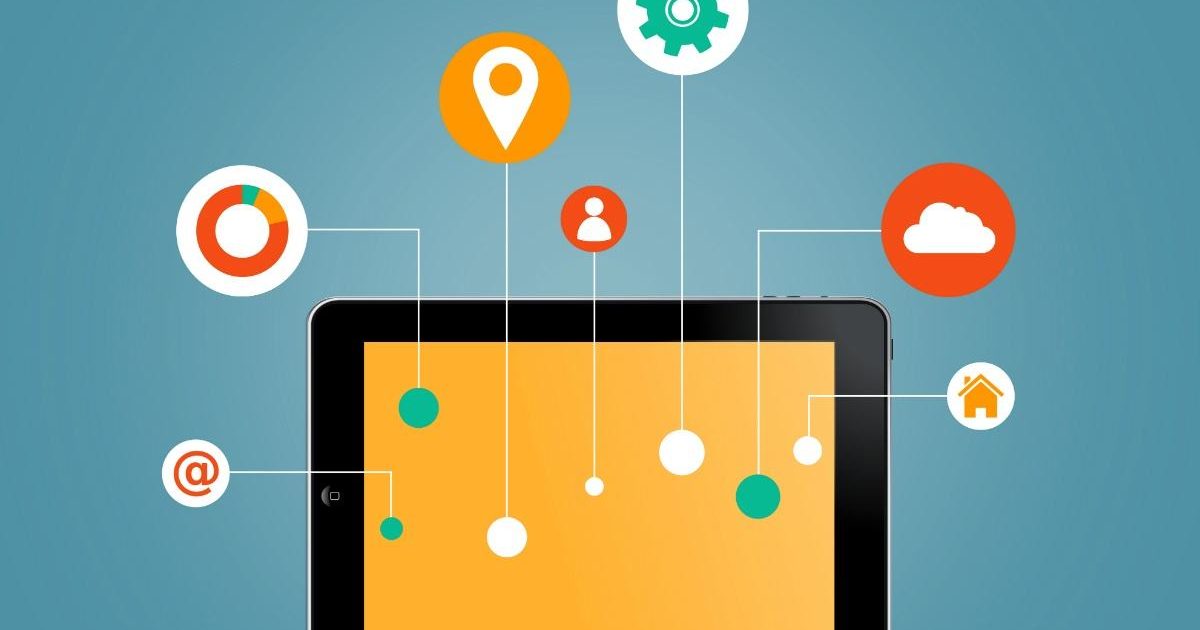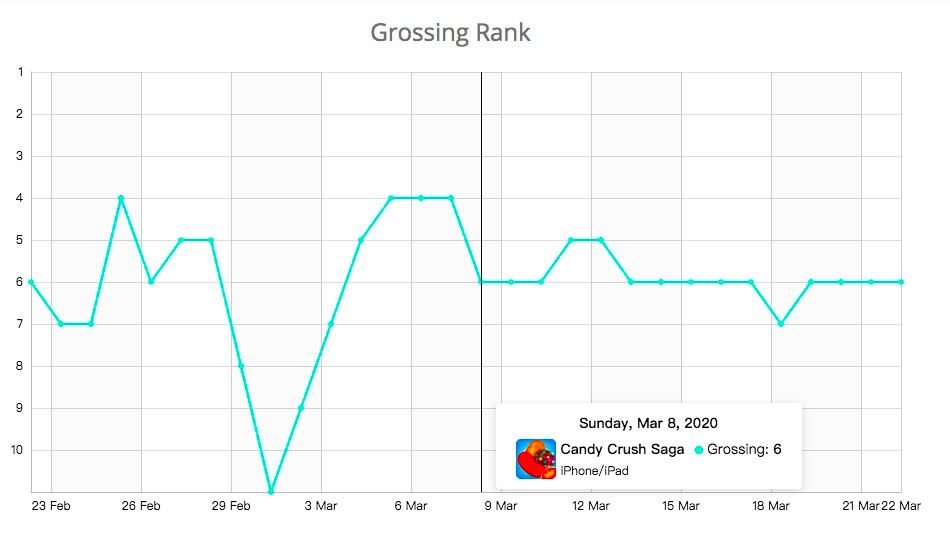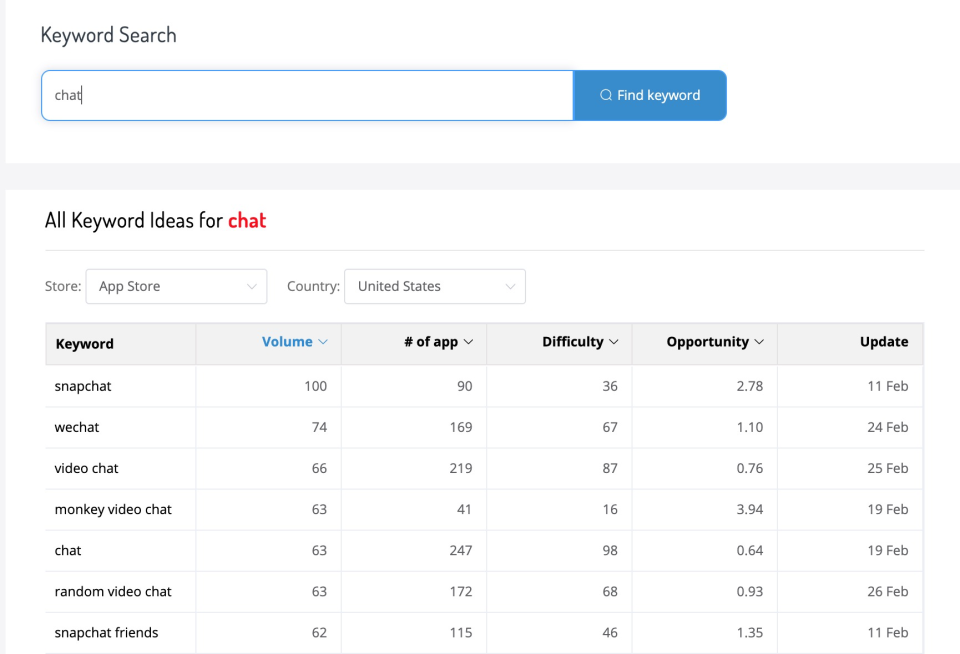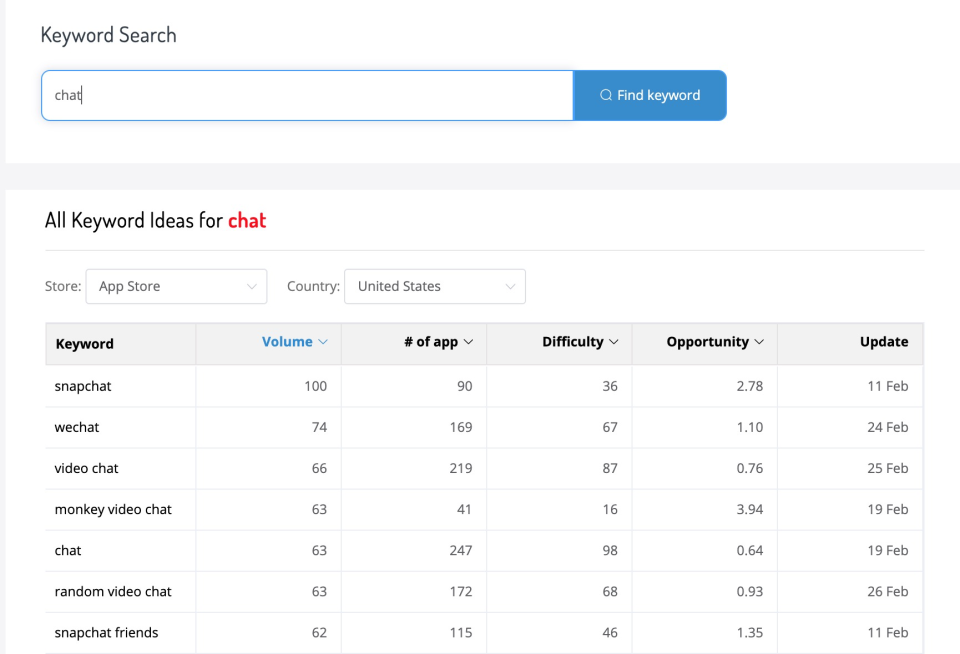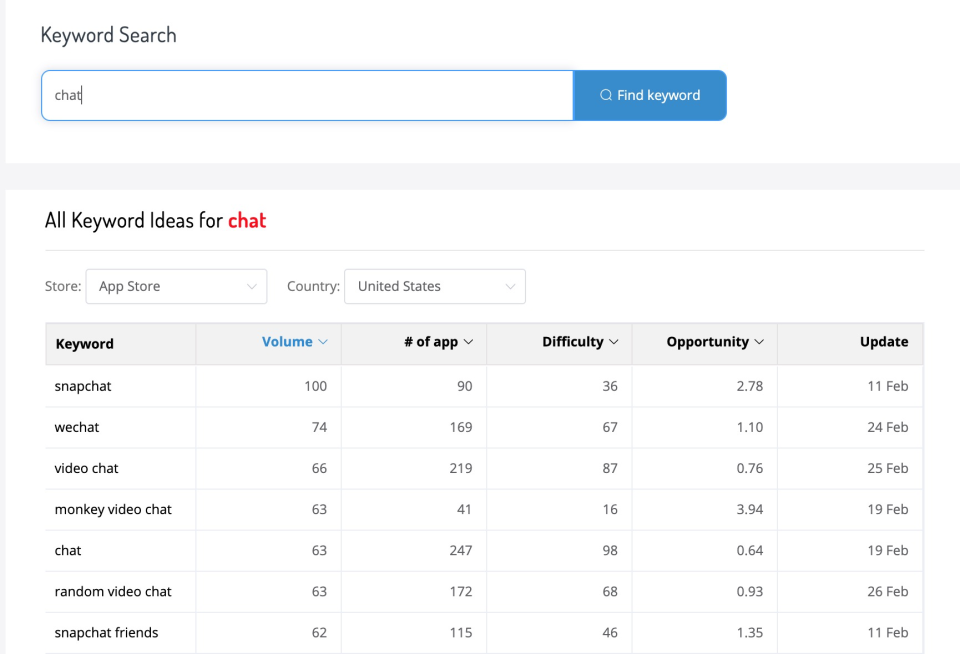The Secrets of marketing strategies for app growth?
Let me guess! You’re done building a killer mobile app! It is one-of-a-kind, packaged with useful features, and is sure to impress the mass. Now all that’s left to do is sit back and watch your app effortlessly skyrocket to the top of the app charts and into the hall of fame, right?
No!
One of the biggest challenges faced when developing a mobile app is actually the part after you’ve created it. The launch and promotion strategy is absolutely essential to ensuring your app is a success.
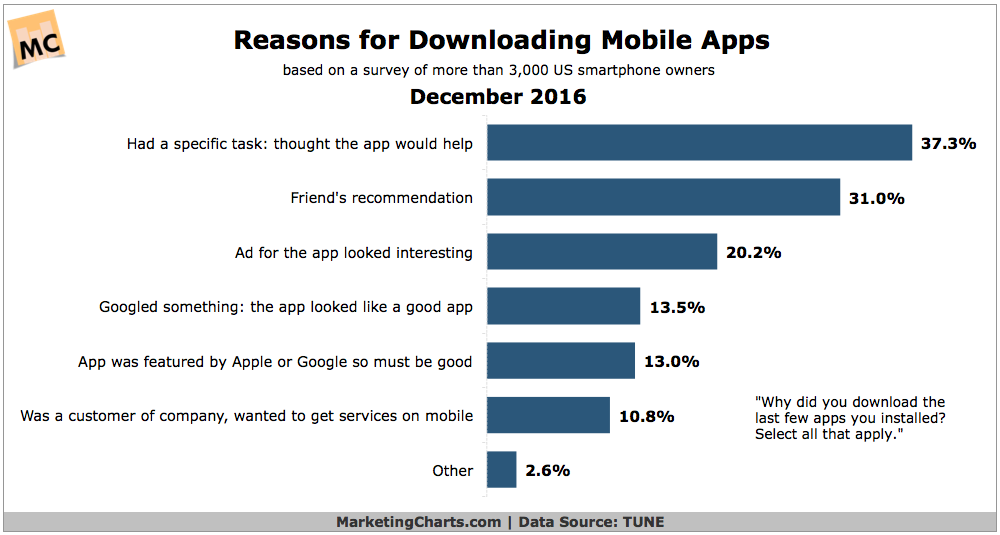
So if you’re looking for ways to successfully launch and promote your newly built App or want to discover new strategies to help increase downloads for your existing App, these essential strategies can be used to successfully launch, promote and increase downloads for your iPhone or Android app. While there are a load of strategies to marketing your mobile app, you can use these strategies to get started with:
- App Store Optimization (ASO)
- Capitalise on the Mobile Visits to Your Website
- Optimise Your Social Media Channels
- Facebook Ads
- Twitter Ads
- Influencer Marketing
- Incentivise Your App Downloads
- Boost Downloads With Marketing Automation
App Store Optimization (ASO): ASO is the process of optimizing mobile apps to rank higher in an app store’s search results. The higher your app ranks in an app store’s search results, the more visible it is to potential customers. That increased visibility tends to translate into more traffic to your app’s page in the app store. If you’re not using ASO to increase your app’s search ranking, you’re missing out on the largest discovery channel available to your app.
Breaking down the various components that can affect your ASO:
Primary Factors:
1. Title – The keyword placed in the title should be the one with the heaviest search traffic. Spend time researching which keyword that is, because changing your title often to include different keywords can be detrimental.
2. Keywords – To improve your search rankings, you need to know which keywords are relevant and used most often by your target audience.
Capitalise on the Mobile Visits to Your Website: With mobile searches overtaking desktop last year, it’s more important than ever that your website it optimized for mobile. One clever trick you can use to increase downloads is to take advantage of this by promoting visits to your website via mobile to download your App. You can do this with a mobile smart app banner which is said to increase app downloads by 33%.
Optimise Your Social Media Channels: Update your social media channels with banners that promote your new app. Include links to your App’s promo site in your bio. Some social media sites like Facebook also allow you to create CTAs that you can use to encourage people to download your app. Go through each of your social channels and ask yourself:
· Is it clear that you have an App from first glance?
· Is the purpose of the app obvious?
· Is there a link to download it from?
Facebook Ads: For all those who can afford it and have the finances for it, then Facebook App Install Ads can work wonders for acquiring thousands of downloads. Through Paid Installs you can customize each ad and target specific groups of customers and users. Facebook Ads give you the opportunity to adjust your budget, so could be a great way to get the ball rolling and test CTA’s, app descriptions and headlines. Though Facebook ads can soon become very expensive, it’s a great short-term solution to boost downloads and expand your brand awareness – especially when mixed with organic campaigns.

Twitter Ads: As with Facebook, Twitter is another great platform for boosting your outreach by paying for sponsored App Installs. It’s great because you can target your ideal user base by fields such as their interests, country and who they already follow. Also, since most Twitter users are active on mobile, they’re already on the right platform to download your App with one click. Just be aware that users are often very cautious of sponsored posts, so make sure you spend time building your targeted audience so your app is relevant. If you’ve just created a Justin Bieber fan app, for example, you don’t want to promote it to a bunch of 50-year-old Metallica fans.
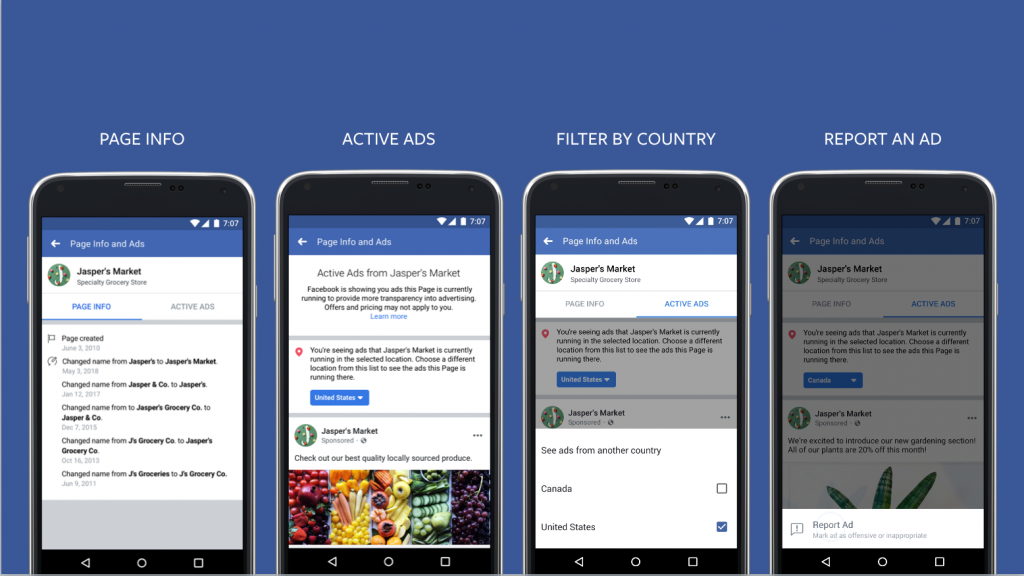
Influencer Marketing: Influencer marketing is the effort to provide prospect users with a recommendation for your product – mobile app in this case – by trustworthy or popular people. The most commonly used platforms are Instagram, YouTube, and Snapchat. For example, there are many gamers’ accounts on YouTube, followed by thousands of other gamers across the world. If your mobile app is a game app, you can cooperate with these YouTubers to spread the word about your mobile app. Take these steps to harness the power of influencer marketing:
· Setting Targets
· Choosing the right influencer platform
· Don’t just pitch! Tell a story
· Give influencers the freedom
Incentivise Your App Downloads: Simply asking people to download your App because it is ‘out of this world’ is not a good enough reason for users to try out your app. It doesn’t mean that you have to get technical or elaborate about your app features in detail. However, explaining the benefits of what your app offers will ignite interest. People are motivated when they get incentives for a download. Research from Koupon found that consumers spend more money, buy more items and happily adopt new technologies when they’re offered a mobile coupon. With mobile engagement becoming more important to retailers, it comes as no surprise that coupons are becoming the top priority for mobile apps.
Boost Downloads With Marketing Automation: No matter how many tactics you use, the maximum ROI comes from marketing automation. Marketing automation plays a crucial role in mobile app marketing by automating the process of capturing and nurturing leads.
Some examples of marketing automation at work are:
· Using deep linking to drive desktop and web users directly to your app download page
· Exit pop-ups on your website help in directing potential users to the mobile app landing page or download page
· Analytics to understand how your user is navigating within your app and measure conversions.
· Email sequences that nurture potential users by educating them on how an app works and ending with a call-to-action (downloading the app)
· Nudging the users with push notification campaigns to improve onboarding and keep them engaged resulting in long term retention
Forming the right mobile app marketing strategy can be exhaustive and time-consuming. It has to be performed simultaneously and needs to be efficient enough to help you make smart decisions.
